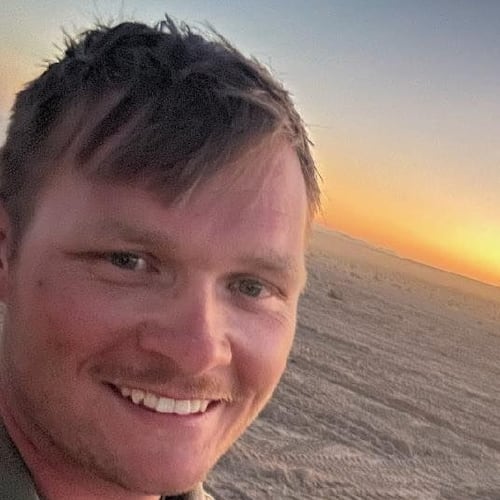More than a dozen speakers at a recent DeKalb Board of Commissioners meeting made their point clear: The county still has a problem with inaccurate, exorbitant water bills.
Some spoke of charges that seemingly skyrocketed overnight, others of being billed for water consumption at empty houses.
“I don’t know how much longer we have to endure this, but there should be some kind of fix to this problem,” South DeKalb resident Ed Williams told commissioners.
CEO Mike Thurmond said he's worked hard to make headway on issues he inherited when he took office last year. At the time, the county was holding off on sending bills to 37,000 customers whose accounts were flagged for abnormalities. That number is down to less than 1,300, and the county expects to hit zero next month.
In addition to the 1,300 customers whose bills are on hold — most for more than a year — the county also receives calls every month from customers questioning how much they were charged. More than 750 accounts are in the dispute process, but that number was once nearly 4,000.
More customer service representatives are answering the phones, and there are more technicians in the field. The county has a four-year plan to replace 102,000 water meters and is implementing a new billing system.
“Like the neglected infrastructure, confidence in DeKalb County has eroded over the past two decades and cannot be restored in one year,” Thurmond said. “It will take a day-by-day, month-by-month effort by myself and our 6,000 employees.”
Thurmond points out that the vast majority of 194,000 residential and commercial customers have no issues with their water bills. Still, the people who showed up to Tuesday's meeting and shared fresh stories caused Commissioner Kathie Gannon to rethink her assumptions.
Gannon’s office no longer receives as many calls from frustrated customers. Now, she wonders if there may be blind spots that remain.
“It was very disheartening for me to hear that for so many people the problem has not gotten fixed,” she said.
Gannon said she believes the Board of Commissioners needs to be more vigilant and require Thurmond to come up with timelines for implementing more changes. She also wants to analyze an audit of the water billing system to identify which recommendations were embraced and which have been shelved.
For example, Thurmond hasn't acted on an audit suggestion that DeKalb combine separate water billing and watershed departments.
Thurmond has focused on improving communication. Last year, he held a series of public meetings to update customers on progress made.
Antrameka Knight, who oversees the county’s water and sewer billing, has helped implement new procedures for dealing with complaints. Once they are logged, customers receive letters with answers to frequently asked questions. They are assigned a case worker who helps with scheduling appointments and follow ups.
Once the issues are resolved, another letter goes out.
“We’re optimistic that those additional items will help people know what we are doing,” Knight said.
About the Author
Keep Reading
The Latest
Featured



